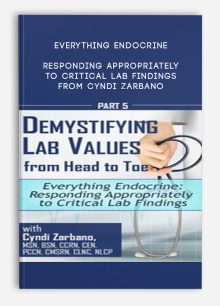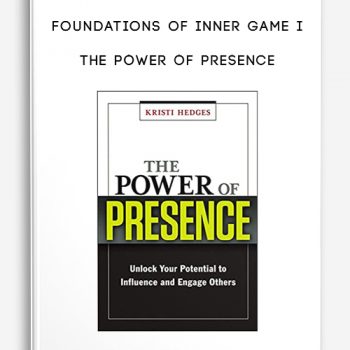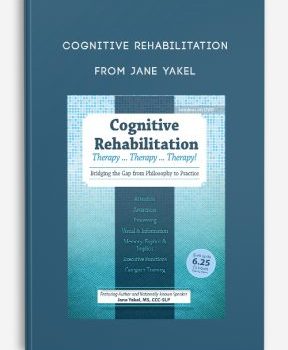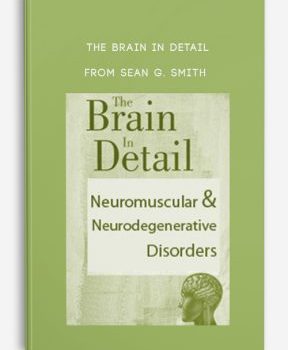 Everything Endocrine from Cyndi Zarbano
Everything Endocrine from Cyndi Zarbano
More information about Medical:
Medicine is the science and practice of establishing the diagnosis, prognosis, treatment, and prevention of disease.
Medicine encompasses a variety of health care practices evolved to maintain and restore health by the prevention and treatment of illness.
Contemporary medicine applies biomedical sciences, biomedical research, genetics, and medical technology to diagnose, treat, and prevent injury and disease,
typically through pharmaceuticals or surgery, but also through therapies as diverse as psychotherapy, external splints and traction, medical devices, biologics, and ionizing radiation, amongst others.
Medicine has been around for thousands of years, during most of which it was an art (an area of skill and knowledge) frequently having connections to the religious and
philosophical beliefs of local culture. For example, a medicine man would apply herbs and say prayers for healing, or an ancient philosopher and physician would apply bloodletting according to the theories of humorism.
In recent centuries, since the advent of modern science, most medicine has become a combination of art and science (both basic and applied, under the umbrella of medical science).
While stitching technique for sutures is an art learned through practice, the knowledge of what happens at the cellular and molecular level in the tissues being stitched arises through science.
Description:
Therefore, no matter what specialty, healthcare providers need to be ready for diabetic emergencies. Prevention, and rapid recognition and appropriate treatment can be life-saving. Understanding what causes diabetic emergencies can be key to prevention of complications. Insulin is a lifesaving hormone, but is one of the most confusing yet dangerous medications especially in our hospitalized patient. Insulin is a powerful tool if used correctly and healthcare providers armed with knowledge can make a big difference. This session will provide essential tools for patient safety, even if diabetes is not your specialty.
OUTLINE
- Hypoglycemia
- Diabetic Ketoacidosis (DKA)
- Hyperosmolar Hyperglycemic States (HHS)
- Hgb A1C
- Conversion Rates
- Diabetes Insipidus
- SIADH
- Thyroid Labs
- Thyroid Crisis
- Acute Pancreatitis
- Pearls of Wisdom
OBJECTIVES
- Divide DKA and HHS from the lab findings.
- Explore symptoms and expected lab findings for Diabetes Insipidus.
- Formulate why calcium levels can be dangerously low with severe pancreatitis.













tristian –
This is Digital Download service, the course is available at Coursecui.com and Email download delive